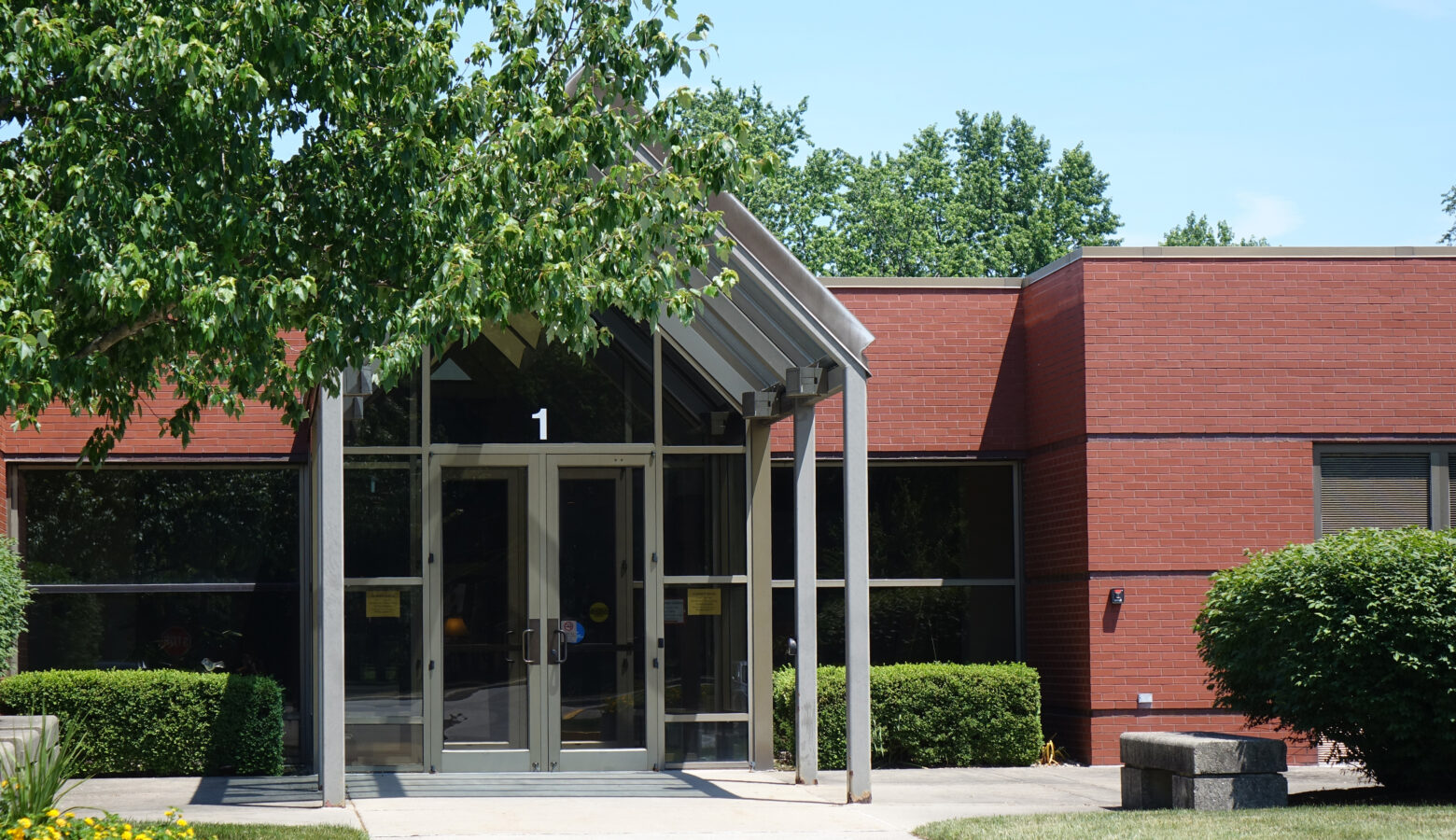New Indiana law requires public comment at school board meetings

A new Indiana law went into effect at the start of the month that requires school boards to have a public comment period at all public meetings.
Under the new law, public comment must be allowed at public meetings regardless of whether it is a regular, special or emergency meeting. The only school board meetings that don’t require public comments are executive sessions, which are closed to the public and the media.
Last year, school board members across the country experienced an increase in aggressive behavior from public commenters who interrupted meetings to voice concerns about critical race theory, mask mandates, social and emotional learning, and other school policies. Some even sent death threats to board members.
Some Indiana school board members began to feel unsafe after incidents such as the arrest of a community member at a Carmel Clay school board meeting after a gun fell out of his pocket.
In response, the Carmel Clay school board temporarily suspended public comment in August 2021 and made meetings virtual in October and November. The district reinstated public comment in January.
Terry Spradlin, executive director of Indiana School Boards Association, said now school boards must think of new ways to control commenters.
“Despite how people behave, [removing public comment] won’t be an approach that boards can take,” Spradlin said. “They’ll have to just manage the meeting to the best of their ability. And ISBA, serving our members, we’ve provided a lot of resources and guidance in effectively managing board meetings and public comment.”
The law
Spradlin said most school boards across the state won’t have to make a lot of changes, since a majority have always accommodated public comment. The law also allows boards to remove disruptive patrons, and Spradlin said that isn’t new.
“I wouldn’t say it provides new power,” Spradlin said. “I just think it clearly, explicitly affirms, I think, authority we already had.”
There is not a specified amount of time that the board must allow people to speak. And the duration of the public comment may be adjusted depending on the type of meeting. For example, if a school board typically allocates three minutes per person for regular meetings, they may change it to one minute per person for emergency meetings.
The law also outlines the following guidelines:
- Public comments can be limited to only discuss agenda items.
- There must be one public comment period before the board votes on an action item.
- School boards cannot limit who may speak at meetings, such as only residents or parents of enrolled students.
- A board may set a limit on the total amount of time for receiving public comment. Therefore, not all community members who want to speak at a board meeting may have the opportunity to speak.
- School boards can conduct meetings entirely virtually only if there is a public health emergency. In this case, the board is not required to take public comment.
Contact WFYI education reporter Elizabeth Gabriel at [email protected]. Follow on Twitter: @_elizabethgabs.

